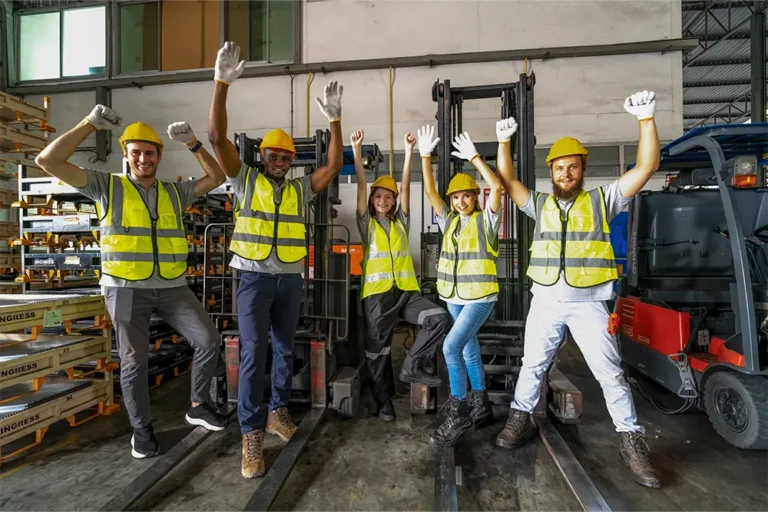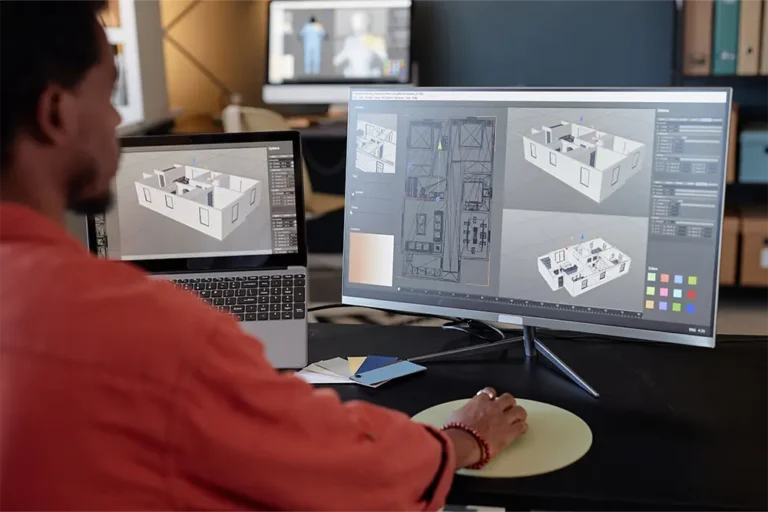In the world of construction, renovation, and fabrication, precision is everything. As custom installations become more intricate and client expectations rise, outdated measurement techniques simply can’t keep up. In 2025, digital templating isn’t just a convenience—it’s the new standard. Here’s why digital templating has decisively overtaken manual measuring.
1. Accuracy You Can Trust
Digital templating systems, such as the Prodim Proliner and LT-2D3D Laser Templator, offer sub-millimeter accuracy that manual measuring tools can’t match. These systems capture exact dimensions, angles, and curves—even in irregular or complex spaces. Whether you’re measuring a curved fireplace or a full-height backsplash, digital systems ensure a precise fit that reduces costly fabrication errors.
2. Speed and Efficiency
Manual measuring requires time-consuming steps: physical templates, multiple site visits, handwritten notes, and double-checking every measurement. Digital templating consolidates all of these into a single site visit. Technicians capture data quickly and export clean DXF and PDF files that are ready for CNC cutting or CAD editing within hours.
3. Seamless Integration with CAD/CAM Systems
One of the greatest advantages of digital templating is compatibility. DXF files generated from systems like Proliner are directly usable in AutoCAD, Rhino, Fusion 360, and other fabrication platforms. This direct digital workflow minimizes human error, miscommunication, and the need for file conversion.
4. Enhanced Client Communication
Digital templates allow for instant visual confirmation. Annotated site images, 3D previews, and detailed cutout placements make it easier to communicate with clients, designers, and installers. Revisions can be made before fabrication begins, reducing the risk of rework.
5. Superior Outcomes in Complex Projects
For projects involving intricate designs—such as mitered waterfall edges, marine interiors, or curved glass enclosures—digital templating is essential. The ability to capture complex geometry ensures a flawless installation that would be nearly impossible to achieve with manual methods.
6. Cost Savings Over Time
While the upfront investment in digital equipment might seem high, it quickly pays off. Fewer errors mean fewer remakes. Faster turnaround times mean more projects completed per month. And happy clients mean more referrals and repeat business.
Conclusion: The Future is Digital
Manual measuring had its place, but in 2025, it’s clear that digital templating delivers better results, faster workflows, and more satisfied clients. For stone fabricators, glass installers, furniture makers, and contractors aiming to stay competitive, adopting digital measurement isn’t optional—it’s essential.


